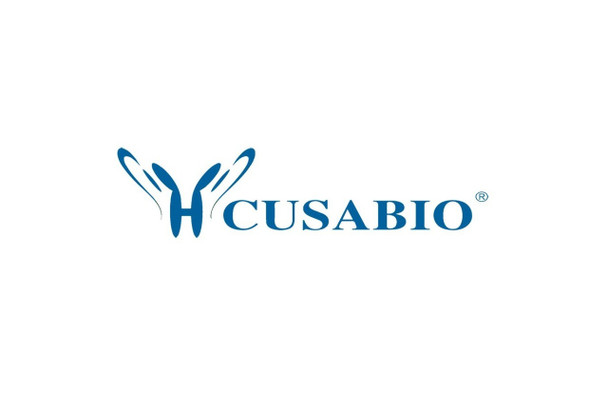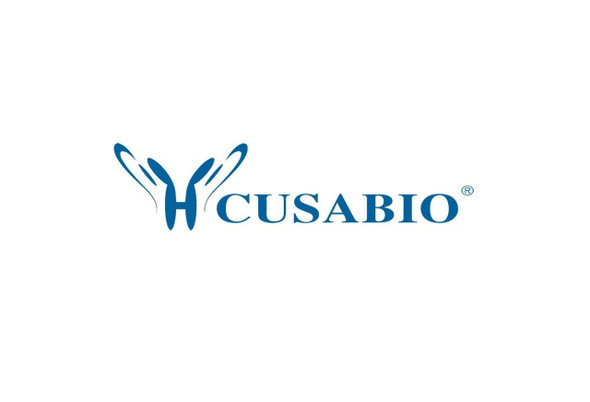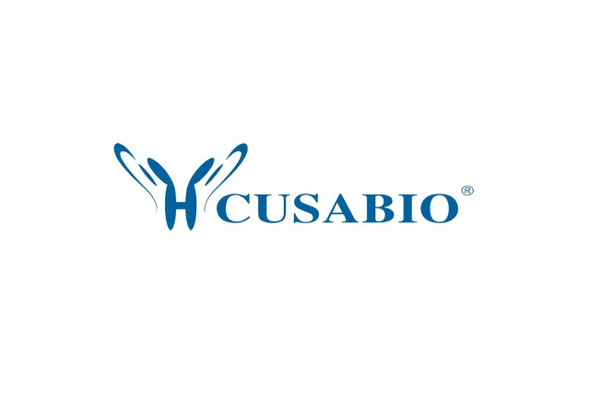Cusabio Polyclonal Antibodies
RPS6KA5 Antibody | CSB-PA020468LA01HU
- SKU:
- CSB-PA020468LA01HU
- Availability:
- 3 to 7 Working Days
Description
RPS6KA5 Antibody | CSB-PA020468LA01HU | Cusabio
RPS6KA5 Antibody is Available at Gentaur Genprice with the fastest delivery.
Online Order Payment is possible or send quotation to info@gentaur.com.
Product Type: Polyclonal Antibody
Target Names: RPS6KA5
Aliases: Ribosomal protein S6 kinase alpha-5 (S6K-alpha-5) (EC 2.7.11.1) (90 kDa ribosomal protein S6 kinase 5) (Nuclear mitogen- and stress-activated protein kinase 1) (RSK-like protein kinase) (RSKL), RPS6KA5, MSK1
Background: Serine/threonine-protein kinase that is required for the mitogen or stress-induced phosphorylation of the transcription factors CREB1 and ATF1 and for the regulation of the transcription factors RELA, STAT3 and ETV1/ER81, and that contributes to gene activation by histone phosphorylation and functions in the regulation of inflammatory genes. Phosphorylates CREB1 and ATF1 in response to mitogenic or stress stimuli such as UV-C irradiation, epidermal growth factor (EGF) and anisomycin. Plays an essential role in the control of RELA transcriptional activity in response to TNF and upon glucocorticoid, associates in the cytoplasm with the glucocorticoid receptor NR3C1 and contributes to RELA inhibition and repression of inflammatory gene expression. In skeletal myoblasts is required for phosphorylation of RELA at 'Ser-276' during oxidative stress. In erythropoietin-stimulated cells, is necessary for the 'Ser-727' phosphorylation of STAT3 and regulation of its transcriptional potential. Phosphorylates ETV1/ER81 at 'Ser-191' and 'Ser-216', and thereby regulates its ability to stimulate transcription, which may be important during development and breast tumor formation. Directly represses transcription via phosphorylation of 'Ser-1' of histone H2A. Phosphorylates 'Ser-10' of histone H3 in response to mitogenics, stress stimuli and EGF, which results in the transcriptional activation of several immediate early genes, including proto-oncogenes c-fos/FOS and c-jun/JUN. May also phosphorylate 'Ser-28' of histone H3. Mediates the mitogen- and stress-induced phosphorylation of high mobility group protein 1 (HMGN1/HMG14) . In lipopolysaccharide-stimulated primary macrophages, acts downstream of the Toll-like receptor TLR4 to limit the production of pro-inflammatory cytokines. Functions probably by inducing transcription of the MAP kinase phosphatase DUSP1 and the anti-inflammatory cytokine interleukin 10 (IL10), via CREB1 and ATF1 transcription factors. Plays a role in neuronal cell death by mediating the downstream effects of excitotoxic injury.
Isotype: IgG
Conjugate: Non-conjugated
Clonality: Polyclonal
Uniport ID: O75582
Host Species: Rabbit
Species Reactivity: Human, Mouse, Rat
Immunogen: Recombinant Human Ribosomal protein S6 kinase alpha-5 protein (224-367AA)
Immunogen Species: Human
Applications: ELISA, WB, IHC, IF
Tested Applications: ELISA, WB, IHC, IF; Recommended dilution: WB:1:500-1:5000, IHC:1:20-1:200, IF:1:50-1:200
Purification Method: >95%, Protein G purified
Dilution Ratio1: ELISA:1:2000-1:10000
Dilution Ratio2: WB:1:500-1:5000
Dilution Ratio3: IHC:1:20-1:200
Dilution Ratio4: IF:1:50-1:200
Dilution Ratio5:
Dilution Ratio6:
Buffer: Preservative: 0.03% Proclin 300
Constituents: 50% Glycerol, 0.01M PBS, pH 7.4
Form: Liquid
Storage: Upon receipt, store at -20°C or -80°C. Avoid repeated freeze.
Initial Research Areas: Signal Transduction
Research Areas: Epigenetics & Nuclear Signaling;Cell biology;Metabolism;Signal transduction















